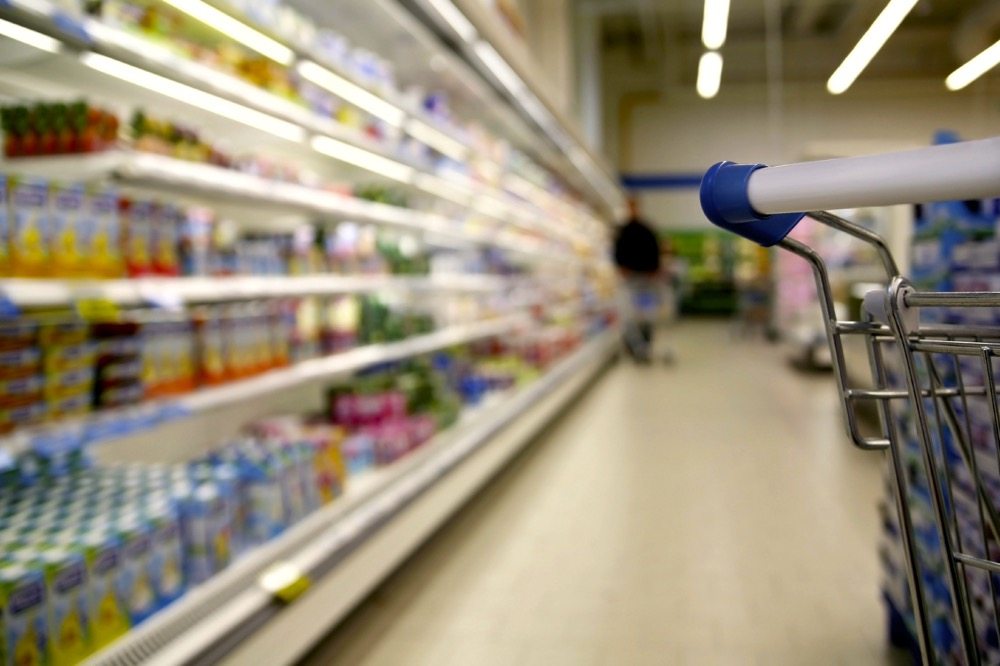The National Farmers Union is urging the federal government to bolster Canada’s ability to support farmers and mitigate the potential economic impacts of the United States’s proposed 25 per cent tariffs.
In a Feb. 5 press release, the NFU said current tariff drama demonstrates the risks of U.S. economic dependence, calling for policies to strengthen food sovereignty and reduce vulnerabilities to disruptions, income loss, price increases and shortages.
Why it matters: U.S. tariffs were set to come into effect against Canadian goods Feb. 4, with Canada’s retaliatory action right behind, before a last-minute deal pushed them back until at least March.
Read Also

Global humanitarian aid slashed by one-third
Humanitarian aid around the world was cut by a third in 2025 and Canada is one of the culprits.
The release came the same day as Unifor urged Canada’s largest grocery stores to prioritize Canadian products. The organization’s national president, Lana Payne, wrote a letter to the CEOs of Empire, Metro and Loblaw, asking for Canadian-made products to be made more visible on the shelves and for the companies to support domestic industries and protect jobs.
“These unfair tariffs are a direct attack on Canadian jobs,” Payne wrote, adding that the companies should “help their customers support Canadian workers and companies.”
The union’s pitch also suggested that retailers prioritize Canadian suppliers, ensure private label brands are domestically produced and source alternatives to U.S. goods.
Both provincial and federal governments had also urged consumers to support local goods as the hours counted down to the now delayed Feb. 4 tariff imposition date.
Trade policy
Dairy and support for supply management also earned a mention from the NFU. The union had previously come out in support of measures like Bill C-282, which would have limited the ability for Canadian trade negotiators to offer concessions on supply managed sectors.
In an emailed statement, the Chicken Farmers of Canada also encouraged consumers to look for the “Raised by a Canadian Farmer” logo when shopping or dining out.
The farm added that, despite Parliament proroguement impacting Bill C-282, “as recently as [Feb. 5], the Liberal government reiterated its commitment to no concessions on supply management.”
The U.S. has crosshairs on Canadian dairy market access, the NFU noted, which they argue would harm domestic producers.
The organization is also advocating for reduced reliance on U.S. exports and supports policies to expand market access and promote long-term sustainability, the release said.
Programs like AgriStability don’t reach all farmers, they noted.
Other talking points included investment in local and regional food systems to strengthen production, processing, storage and distribution, and stronger rights for agriculture workers and more domestic manufacture of farm machinery.
The thorny issue of temporary foreign labour has been back in the headlines in 2025.
In January, it was reported that, between April and September 2024, Employment and Social Development Canada issued $2.1 million in penalties to employers of temporary foreign workers (TFWs), more than double the 2023 fines. Another report, from Amnesty International, painted an unflattering picture of the program in late January.
The Canadian government has passed a string of measures tightening the temporary foreign worker program over the last year.


















